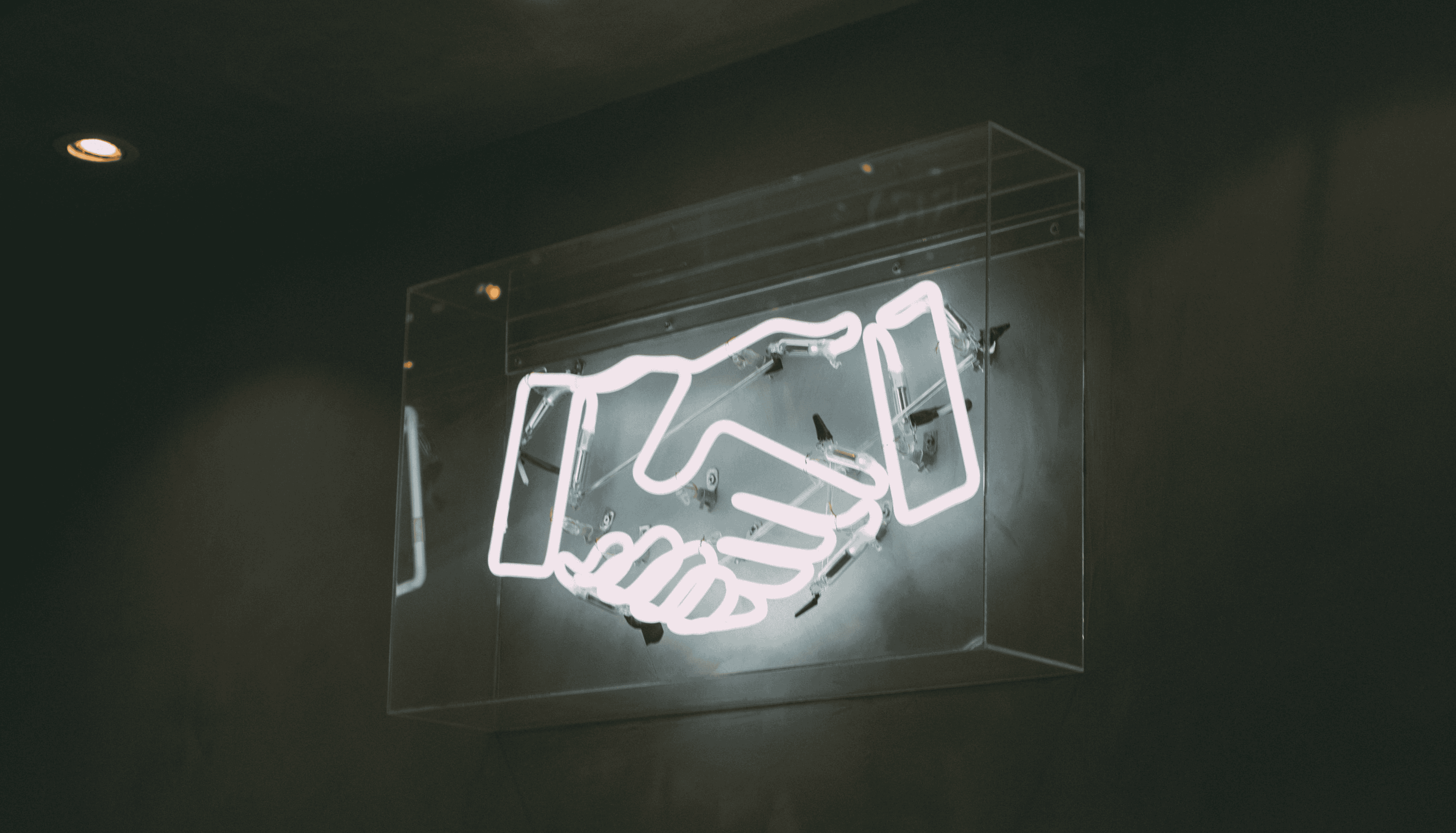
We know awareness is very important as an initial step when it comes to mental health at work or even our wellbeing in general. It helps to illuminate thoughts and feelings that were perhaps previously hidden or unknown. The light bulb moment we sometimes get with new information or insight can provide us with motivation and excitement to initiate change. This tends to feel empowering and like we can do anything.
But here is the most important part of the process: we actually need to do something about it. When we don’t act on our awareness, or new-found insights, it can easily disappear back to the recesses of our minds.
Action, when proactively structured in small, incremental, and consistent steps, is what enables our brains to create new pathways and offers us the opportunity to push past our comfort zones and make sense of unknown territories and new experiences. It is in our actions that other people can see who we are and what values we hold.
Well, let’s look backwards a little bit. We are still in the middle of a culture change when it comes to mental health in the workplace. We can all offer ourselves a little bit of forgiveness when it comes to knowing what the absolute right thing to do is, when it comes to attending to wellbeing at work. Pre-pandemic (yes, we went there), we brought our ‘best selves’ to work and ‘authenticity’ was a swear word. Post-pandemic, our awareness, language and even policies are reflecting what we learnt in that weird and apocalyptic time: that we are all messy, we all have our strange, painful, confusing and brilliant stuff going on. And being at work doesn’t mean a shutdown of those things. It means we’re working hard, whilst feeling hard.
“Work has fundamentally changed because of the pandemic and larger social issues, and so have people’s expectations of the employee experience. They still want competitive pay, strong benefits packages, and training and development, but that’s not enough. Employees increasingly expect a holistic value proposition that encompasses career growth, skills development, inclusion, belonging, fairness, trust, authenticity, purpose, a supportive culture, and wellness.” – Alex Larralde, Senior Director at Betterworks
Because of this general increase in awareness, we’re also all a little bit wiser. We’re more alert to quick fixes and workplace offerings that, although well intentioned, often appear tokenistic. (Think therapy dogs, yoga, Free Pizza Friday….although who doesn’t love free pizza?) The point is, none of this is bad for our wellbeing, but we know clinically that it doesn’t offer any real, sustainable impact on our overall wellbeing.
So what happens when the only thing employers do revolves around quick fixes and things that appear to be more performative, rather than attending generously and meaningfully to mental health and wellbeing? What do you think?
We imagine (and to be honest, we know, because we hear the real voices of your employees in our workshops and therapy rooms) that there is some resentment, some frustration, some dismissiveness, some hopelessness. There is also some recognition that workplaces are often doing their best, even when it’s lacking. This is what cultural change feels and looks like.
As therapists, we know that meaningful change is a continuous process. It takes consistent trial and error, it takes overcoming barriers, it takes commitment (not just from the individual, but the community and workplace) and it takes challenging the status quo of normal workplace interventions. The new normal looks like commitment to long term support. The new normal looks like noticing that investing in people’s longevity and success, means investing for the long haul in their consistently changing and ever present mental health. Mental health isn’t always about not being okay. It’s about keeping people buoyant, it’s about giving them tools to navigate some of the inevitable challenges of both life, and workplace stress.
The new normal is investing meaningfully in people, so that your own business and workplace culture can thrive. And that is going beyond awareness. That’s going into meaningful action. And that’s ace.
On World Mental Health Day (Tuesday 10th October), we’re hosting an online workshop and panel on Mental Health Action. It’s free, it’s proactive and it’s definitely not another boring webinar. Sign up here.
How does this apply to workplace mental health initiatives?